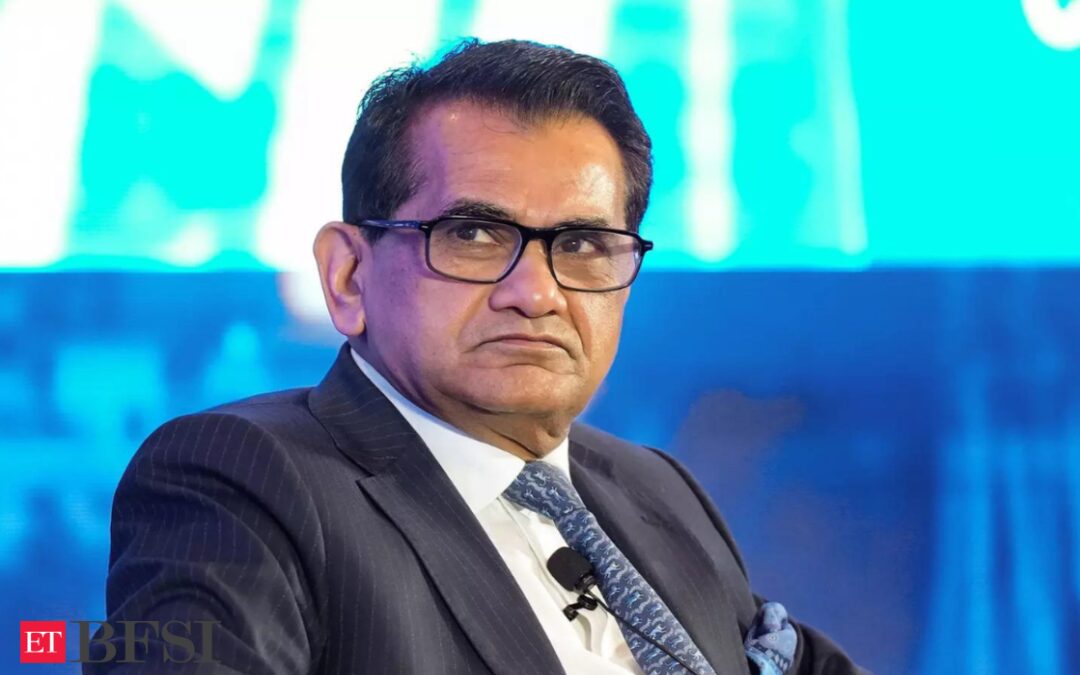MUMBAI: India’s G-20 sherpa Amitabh Kant on Thursday said the global future will not be driven by big technology firms but by the digital public infrastructure platforms developed locally. Speaking at the ‘We Made in India’ event here, Kant said India will transfer its digital public infrastructure (DPI) to the rest of the world, and already there are many examples of countries warming up to the same.
The DPI consists of the digital identity through Aadhaar, real time payment through the UPI platform and other services like account aggregator, and was showcased to the world during India’s presidency of G-20 last year.
Kant said during the G-20, the world accepted the definition and framework of the DPI, given the strides that India has made through its strategies.
“During G-20, the world accepted the definition of digital public infra, the world accepted the framework of DPI and to our belief, the future will not be driven by big tech, it will be driven by DPI,” he said.
It can be noted that ‘big tech’ generally refers to a set of global tech majors like Apple, Google’s owner Alphabet, Amazon and Meta.
Kant said India’s DPI will transfer to the world, and the same will present a lot of opportunities for the country’s entrepreneurs which need to be leveraged on.
“DPI will become synonymous with the rest of the world,” he said, adding this will be a big part of the India growth story during the period till 2047.
Meanwhile, the former bureaucrat urged insurance companies and pension funds to make investments in the country’s ‘startup movement’, pointing out that the Silicon Valley ecosystem, which is home to the big tech companies, has been built on the bets taken by such patient investors.
Kant said at present, over three-fourths of the funding for domestic startups is coming from international sources while only a fourth comes from domestic sources, including the high net worth individuals.
“We need Indian insurance companies, we need Indian pension funds, we need Indian HNIs (high net worth individuals), all to take risk and invest in India’s startup movement and that is how India will grow,” he said.
He also underscored the need for a fund of funds for deep tech sector in India, which will help venture capital funds take the bets in startups engaged in the sector with a lot of relevance in the future.
Amid some setbacks like Byju’s, startups were also asked to focus on corporate governance and building a robust culture by Kant. He also advocated rigorous self-regulation as the best solution for going forward, fearing the government will “kill” innovation if it gets into regulating startups.
“..innovation is always ahead of the government. The government machinery like tax, regulatory system will always be behind innovation. They can never keep track of innovation. And therefore, if the government starts getting into regulation of startups, we will kill innovation,” he said.
At a time when calls have been made for India to focus on the service sector for fuelling its growth, Kant advocated a focus on manufacturing as well, saying it will create jobs.
“I would say that the most remarkable thing of this government has been its push towards Make in India,” he said.










